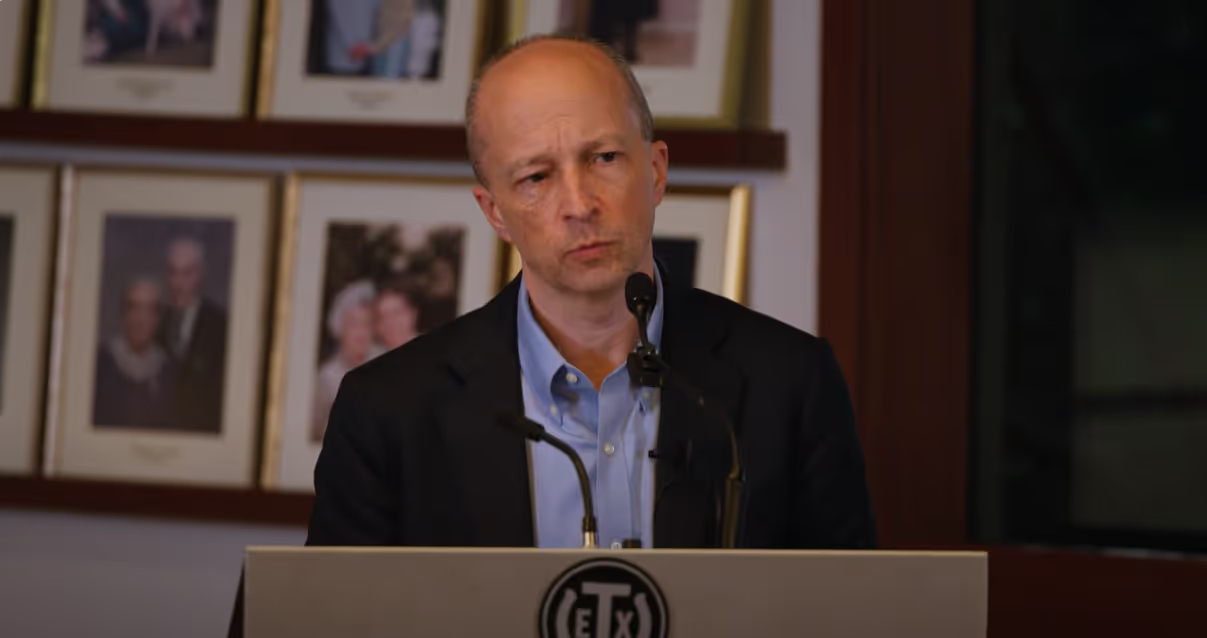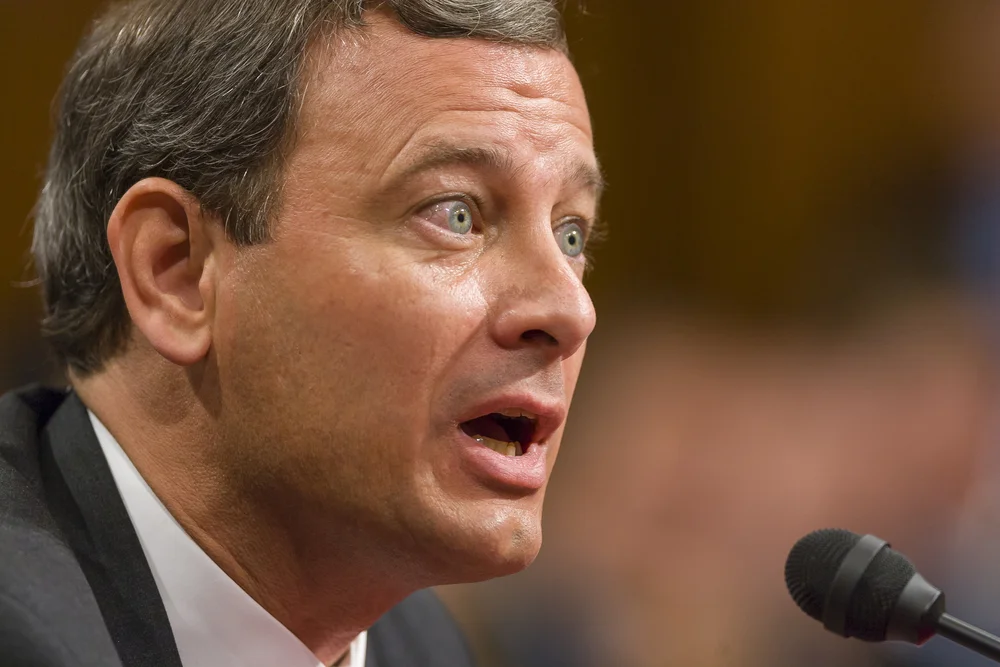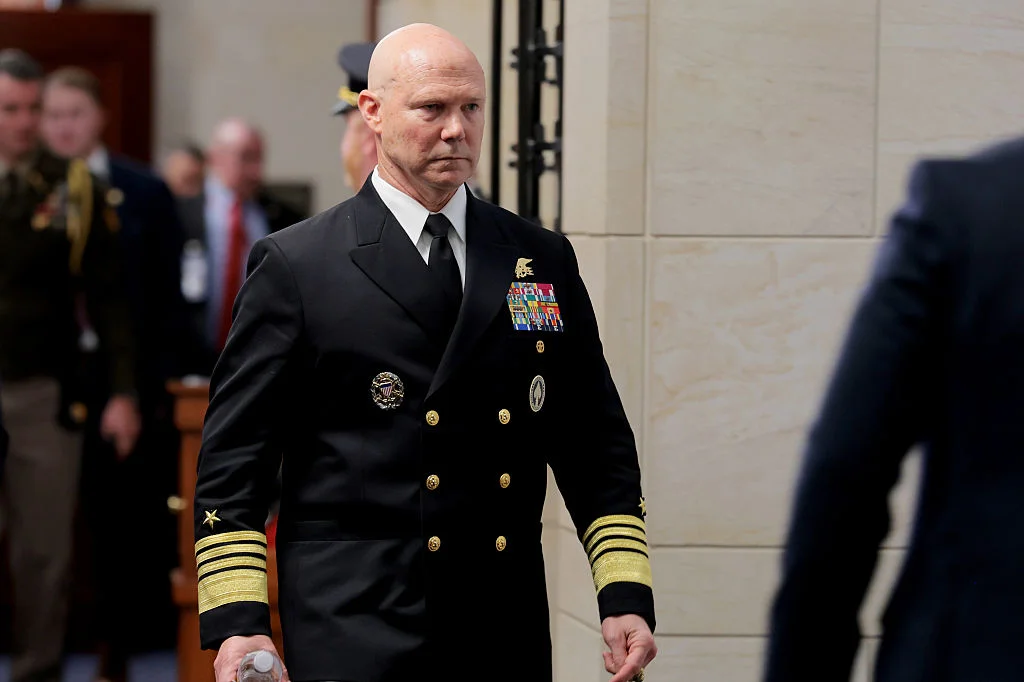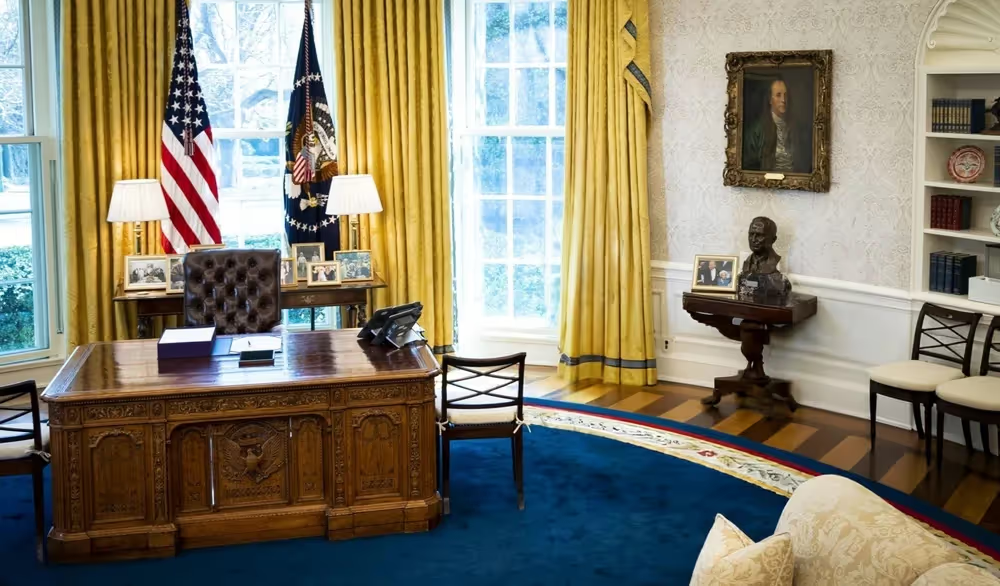
Civitas Symposium: Statesmanship and the American Presidency
Who are our American statesmen, and what can we learn from them?
How should we think about statesmanship and presidential power? As Steven Hayward observes in this symposium, we are uncomfortable with even acknowledging that a category of statesmanship should exist. Statesmanship implies discriminating judgment about character, prudence, magnanimity, and justice. The modern liberal mind can't even, as the kids say. Yet we are also stuck with executive leadership, even in a modern constitutional republic. So, who are our American statesmen, and what can we learn from them?
We can draw from different sources to formulate answers to these questions. How did the Founders of American constitutionalism think about character and executive power? Do the progressives provide better sources of thinking about this issue? How would institutions influence or condition executive decision-making? What about the size of government today and the exercise of presidential power?
To answer these questions and more, we've invited the following contributors:
Joseph Bessette and Gary J. Schmitt “Character and the American Presidency: A View From the Founding"
Steven Hayward “Taming the 21st Century Prince"
Yuval Levin “Big Government Statesmanship"
Constitutionalism

Amicus Brief: Hon. William P. Barr and Hon. Michael B. Mukasey in Support of Petitioners
Former AGs Barr and Mukasey Cite Civitas in a SCOTUS Brief

Rational Judicial Review: Constitutions as Power-sharing Agreements, Secession, and the Problem of Dred Scott
Judicial review and originalism serve as valuable commitment mechanisms to enforce future compliance with a political bargain.

Supreme Court showdown exposes shaky case against birthright citizenship
Supreme Court will hear challenges to Trump's order ending birthright citizenship, testing the 14th Amendment's guarantee for babies born in America.
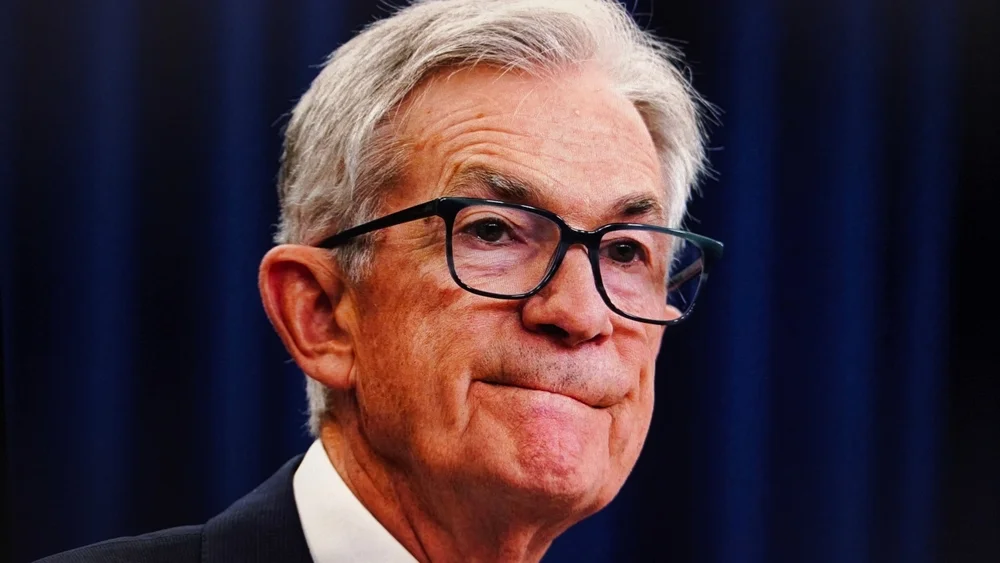
Kneecapping Powell, Undermining the Rule of Law
Donald Trump and conservatives know the perils of lawfare all too well. Why subject Jerome Powell to the same thing?
%20(1).webp)
Limiting the Federal Government
Failure to consider the sponsors’ representations of the Constitution’s meaning seriously impairs the quality of interpretation.


.avif)







.avif)
.avif)

